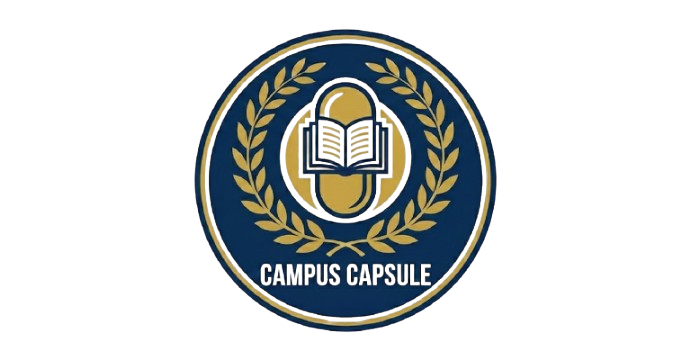The BITM (Bachelor of Information Technology Management) program blends IT skills with business fundamentals. In the 2nd semester, students are introduced to foundational concepts in computing, programming and management. Here’s a breakdown of the subjects:
🧠 What Each Subject Covers
IT 233 – Digital Logic (3 Credits): This subject introduces students to the foundational principles of digital electronics and logic design. It covers number systems, Boolean algebra, logic gates, combinational and sequential circuits, and memory devices. The objective is to help students understand how digital systems operate at the hardware level, laying the groundwork for future courses in computer architecture and embedded systems.
IT 234 – Object-Oriented Programming with Java (3 Credits) : This course focuses on the object-oriented programming paradigm using Java. Students learn concepts such as classes, objects, inheritance, polymorphism, encapsulation, and exception handling. The objective is to develop the ability to design and implement robust, reusable, and scalable software solutions using Java, preparing students for real-world application development.
IT 235 – Discrete Structure (3 Credits) : Discrete Structure provides the mathematical foundation for computer science. Topics include logic, set theory, relations, functions, graphs, and combinatorics. The objective is to enhance students’ analytical and problem-solving skills, which are essential for algorithm design, programming, and understanding computational theory.
ENG 203 – Business Communications (3 Credits) : This subject equips students with effective communication skills required in a business environment. It covers business writing, presentation techniques, report preparation, and interpersonal communication. The objective is to develop clarity, professionalism, and confidence in both written and verbal communication, essential for success in corporate and entrepreneurial settings.
MGT 241 – Organizational Behaviour & Human Resource Management (3 Credits) : This course explores the dynamics of individual and group behavior within organizations and introduces key HRM practices. Topics include motivation, leadership, team dynamics, recruitment, training, and performance management. The objective is to help students understand how to manage people effectively and foster a productive organizational culture, aligning human resources with strategic goals.
